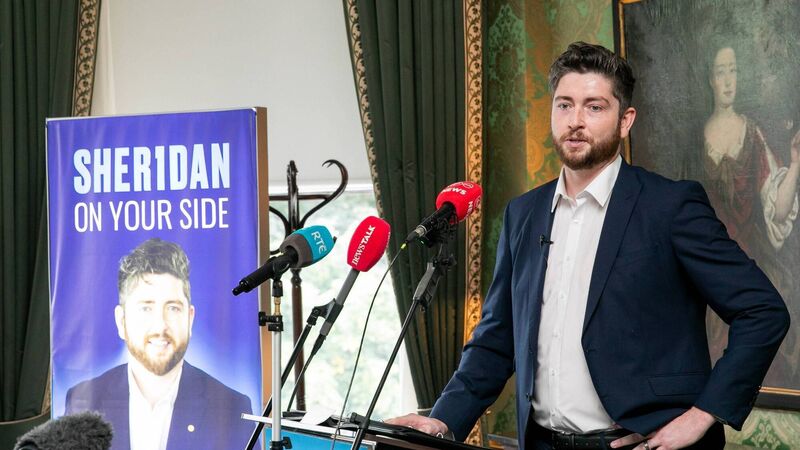Sarah Harte: When positivity meets reality, sometimes you have to choose

Gareth Sheridan: The origin story for his wealth and success is a familiar one of hard work, gumption, self-sacrifice, and a supportive partner willing to set off on the hero’s journey with him. It’s the primary narrative arc we are fed in American movies and self-help books. Picture: Gareth Chaney
Last week, I had to stay positive when several challenges presented themselves. As my own humdrum existence was unfolding, I followed Gareth Sheridan’s candidacy for the presidential election, watching him being buffeted by searching questions and probes. He is, by any metric, a positive person, a quality I generally admire.
The origin story for his wealth and success is a familiar one of hard work, gumption, self-sacrifice, and a supportive partner willing to set off on the hero’s journey with him. It’s the primary narrative arc we are fed in American movies and self-help books.












